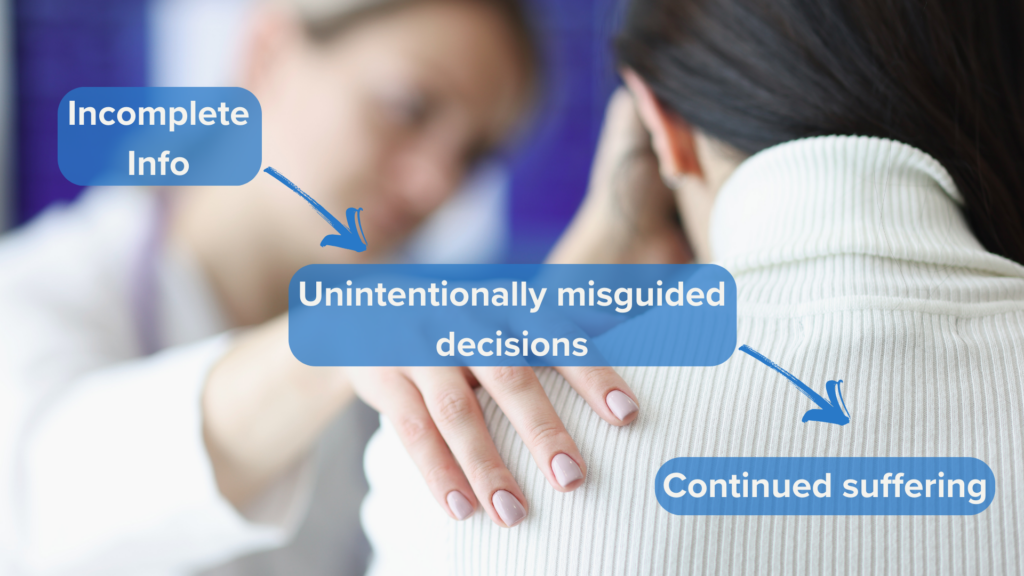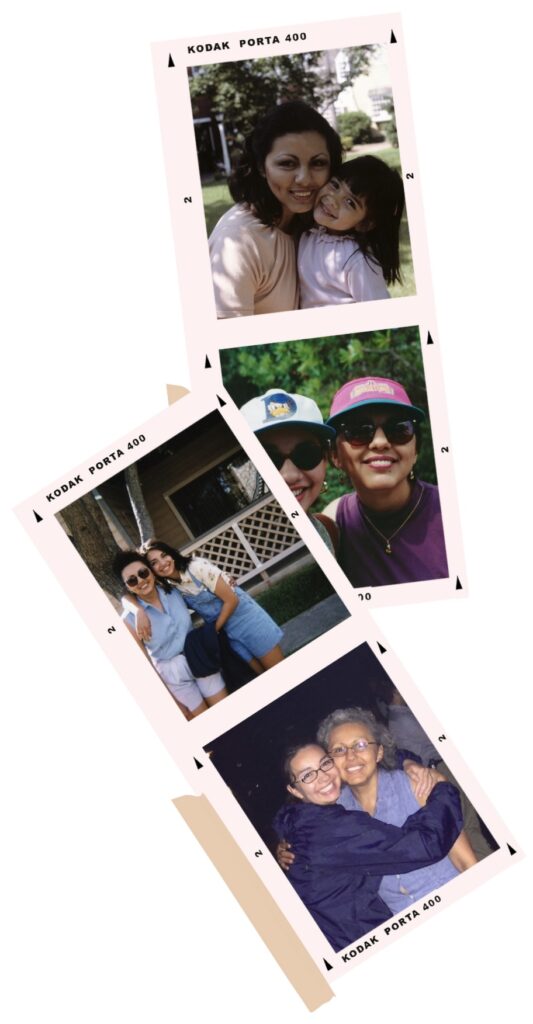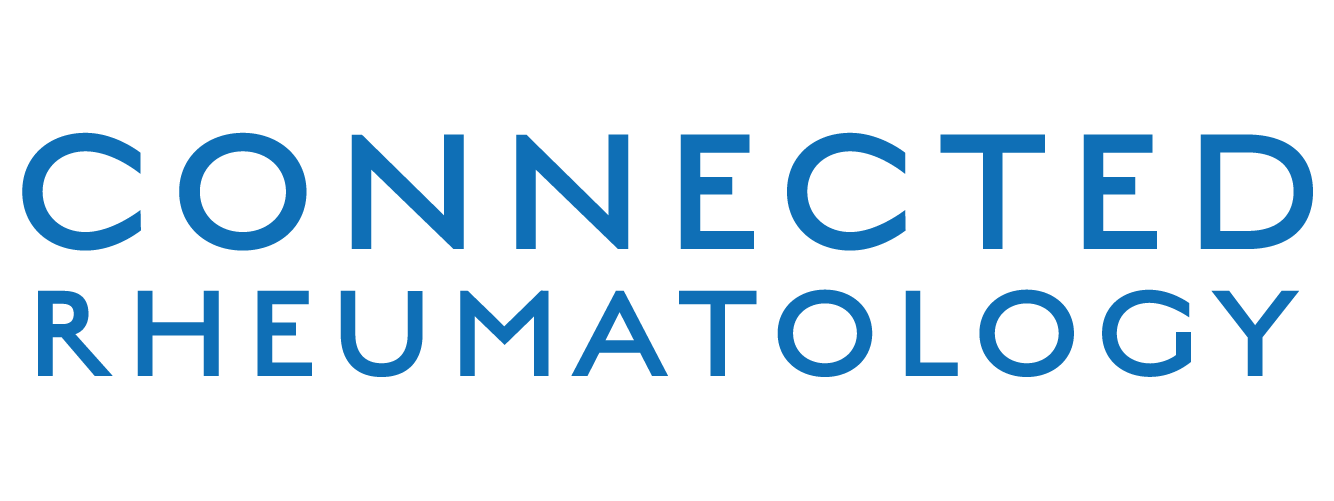Rheumatology is complicated.
Ask any doctor and they won’t hesitate to agree. Full of auto-antibodies, rare conditions and diseases crippled by pain, Rheumatology is a field most doctors are uncomfortable with, if not downright scared of.
In my 15 years (and counting!) as a rheumatologist I’ve, unfortunately, seen how this attitude impacts those with autoimmune conditions.
An already exhausting journey to find answers and get help can be made much worse when faced with incomplete or incorrect information.
I’ve heard countless stories of fear, anger, and confusion as people try to make sense of what friends, family, doctors and the internet have told them about what is going on and what they should do about it.
Strong communication is KEY in getting the information you need to make health decisions that are right for you.
Appointment fatigue, rushed visits, and seemingly concrete recommendations from “do as I say” doctors can result in even the most outspoken of us becoming timid and shy with our questions.

This is why I built Connected Rheumatology.
Yes, Rheumatology is complicated – and I love it!
What I don’t love, however, is seeing people make decisions based on partial or faulty information.
This broken info trap gets played out over and over again and I aim to set us free! I enjoy seeing patients one on one, but I am a teacher at heart and want to have an impact beyond my clinic room.
I also am disheartened by many other provider’s attitudes and recommendations regarding therapies that are traditionally seen as “alternative” or “complimentary.”
Rheumatology is a field that has seen amazing advancements in our treatment tool box, but continues to demand creative thinking when treating the WHOLE person.
We can’t pretend that where we live, what we eat, who we surround ourselves with, and how we live our life doesn’t impact our health. BUT we need to make sure the information we use to make health decisions is accurate.

This is personal
In 2006, I lost my mother to ovarian cancer. We were very close and to say I was devastated would be an understatement. Although I was a medical resident at the time, I opted to stay just “the daughter” and was largely uninvolved with her appointments and treatment decisions.
You see, my mother was diagnosed with stage IV ovarian cancer at age 46. There is nothing about that sentence that is good. She underwent chemo for a year and went into a brief, 6-month remission. The cancer popped up again, this time in her liver, and she would spend the next year and a half trying different chemo regimens in an attempt to find a cure. All of this took a toll and in February of 2006, she decided she was done with chemo and found an alternative treatment in Mexico. She gave her faith, trust, and money to this alternative and 3 months later she was gone.
Consumed by grief, it took many years to see the situation through clearer eyes. Eight years later, I got my hands on her medical records. As I read and cross referenced my memory with her records and my now much more extensive experience as a doctor, more and more questions came up.
They told her what?? Did she ask about that? Why didn’t she tell me? Why didn’t she ask this?
I realized she never questioned anything, never got a second opinion, and ultimately made a decision with, I feared, incomplete information.
To be clear, this wasn’t about the end result. The facts remained the same – my mother had a difficult disease and the miraculous outcome we were hoping for was likely not in the cards.
But reading in between the lines of those notes, was the story of a scared young woman who was smart and capable, and yet didn’t know what to ask or that she even could.

This stops now.
We can make whatever health decision we want.
Each of us have different priorities, goals, and lifestyles that will inform the decisions we make.
Connected Rheumatology is here to arm you with all the rheumatology and autoimmune information you need to make the best health decision for you.

Want to learn how I’ve stayed busy?
Check out my LinkedIn!
